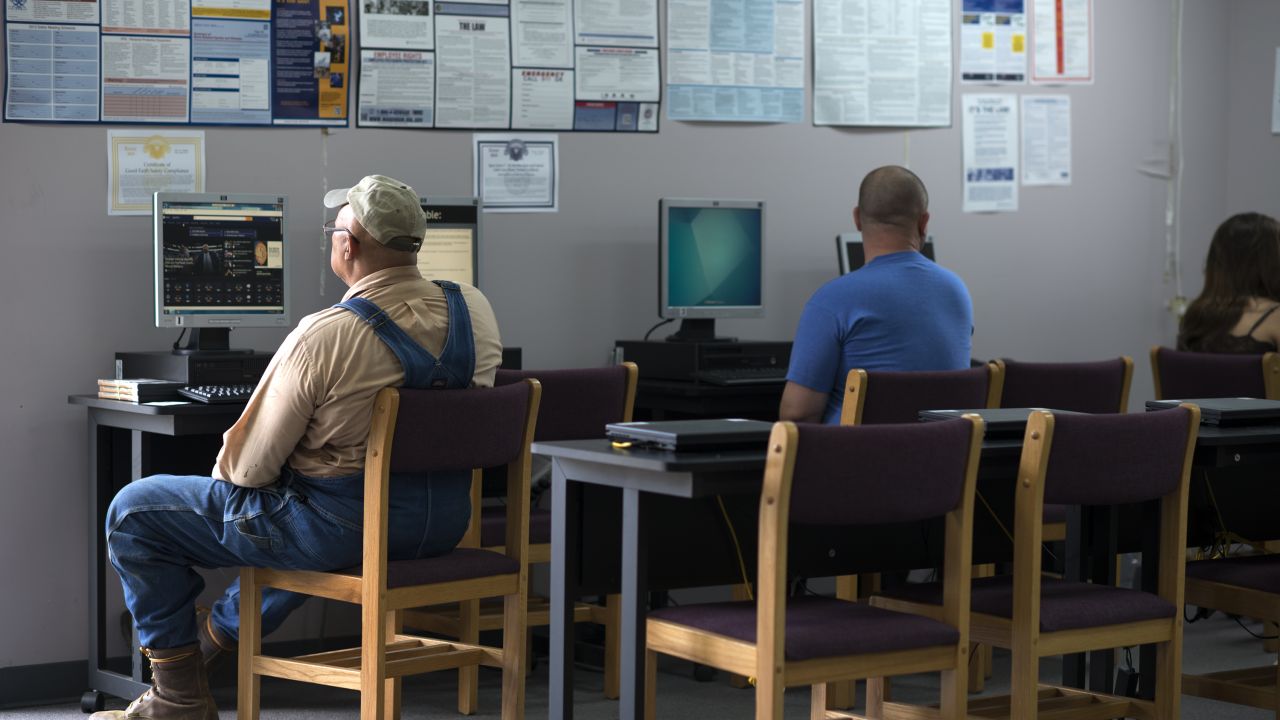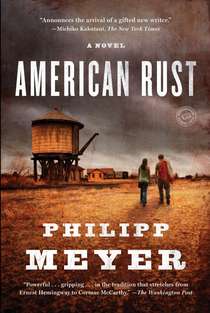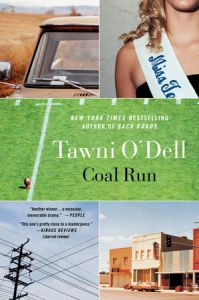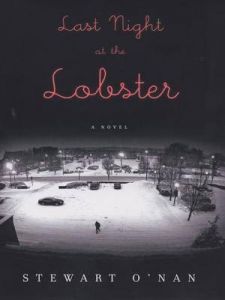
Dennis Evans (left) uses a computer at the public library in Decaturville, TN, a city that has never fully recovered from the closing of a clothing factory more than 20 years ago. Jobs are scarce and unemployment is high. (Photo by Bonnie Jo Mount/The Washington Post via Getty Images)
EDITOR’S NOTE: As many experts have observed, this year’s presidential election could come down to a battle for votes Democrats used to take for granted.
Donald Trump is making an overt play for the so-called “Reagan Democrats,” blue collar voters whose defection three decades ago shook up the national political landscape and stoked the Reagan revolution. It’s no accident that Hillary Clinton’s first post-convention foray was into once reliably Democratic steel and coal country. Now, as then, the issues facing these voters are job and income security in a changing world. Only now, those concerns are being felt by far more than the steelworkers and their families whom Ronald Reagan wooed in 1980.
America’s deindustrialized heartland embodies one of the challenges reshaping the nation’s politics: The disappearance of the middle class and the growing gap between the haves and have-nots. That’s why BillMoyers.com is paying particular attention to these communities this year, focusing on their issues and giving voice to the people who live there. You can read more of our collection here.)
It’s an election year, so politicos, pundits and reporters are once again trying to figure out how the white working class will vote. Many assume that they support Donald Trump, though Nate Silver argues that Trump’s backers have relatively high incomes. The white working class also isn’t quite ready for Hillary Clinton, in part because of her Wall Street ties but also because they associate her with her husband’s policies, like NAFTA, welfare reform and mandatory sentencing for drug offenses.
Along with political attention, a number of recent studies have documented rising rates of addiction and death, decreasing rates of marriage and what some have described as a moral decline among the white working class.
Americans once again recognize that class matters.
That’s good, but as Jack Metzgar and John Russo have argued, both the political analysis and reports on working-class culture can be misleading. Among other things, the pundits too often define “working class” narrowly, focusing only on education or income, and they often ignore complications of race and gender, so they miss the reality of working-class lives. The misrepresentation of the white working class reflects the middle-class status and limited social interactions of the so-called “narrating class.”
Happily, there’s a better way to understand working-class people: by listening to their own voices. Contemporary working-class writers are producing short stories, novels and plays that take us inside their experience. These should be required reading for both pundits and scholars who want to go beyond stereotypes and assumptions and learn about working-class life from the source.
Coal Run, by Pennsylvania writer Tawni O’Dell, puts the lost sense of self, the addiction, the anger and the self-destructive behavior reflected in the data. She does so through the story of Ivan Zoschenko, a former high-school and college football star who has returned to his hometown, where the last of the local mines is about to shut down. He feels like a failure, especially in comparison with his hard-working (though long-dead) miner father. But as a deputy sheriff, Ivan mediates domestic disputes spurred by the town’s economic struggles, and in the process he reconnects with his working-class community and gains a renewed sense of purpose and belonging.

Philipp Meyer offers a less hopeful story in American Rust, which follows two young men in a former steel town, both struggling to figure out their futures. One, Isaac English, dreams of escaping his hometown, studying astrophysics and working at a research institute, but as the sole caregiver for his father, who was seriously injured in an accident in the steel mill, he cannot bring himself to leave. His best friend, Billy Poe, can’t even imagine a future for himself, and when he is jailed for a murder he didn’t commit, he gives up. In his eyes, “this place had been waiting for him. There were those who had capabilities and those who didn’t and even in his glory days he had known it, known they would figure it out one day, a bullet he would never dodge.”
These novels reflect what Jennifer Silva found in her study, Coming Up Short — younger working-class people have inherited a feeling of being trapped and betrayed, though often with a fuzzier idea of exactly how they have been let down. Two contemporary novels, centered on workers in service jobs, highlight this well.
In Stewart O’Nan’s Last Night at the Lobster, we follow restaurant manager Manny DeLeon through his last shift at a suburban Red Lobster that is about to close. He takes pride in his work, but that provides only partial compensation for the conflicts he experiences in his interactions with both the corporation and the other workers, yet he sees no other options for himself.
Finally, one of the most entertaining but also troubling recent novels about contemporary working-class life is Grady Hendrix’s Horrorstör. A mash-up of a zombie tale and an Ikea catalog, the novel highlights the soul-sucking working conditions of corporate retail. The “partners” (sales clerks) of Orsk, an Ikea knock-off, encounter a horde of zombies who were tortured on that site in the 1830s, when it was a prison run by a sadistic warden who believed that hard labor was a “moral treatment that will mend your degraded minds” — while also generating profits for him and his investors.
While readers may laugh at the drawings of devices like the Alboterk treadmill desk, complete with spikes and shackles, the novel also critiques the limitations that working-class people face when working conditions are exploitative and wages low and stagnant. As the main character laments, “for all the fighting, all the struggle, all the scrimping, saving and double shifts” of recent years, she never has enough money to buy gas and food, and she is always in debt. Rather than recognizing the external causes of her difficulties, however, she internalizes the situation and accepts her fate, believing that this is what she deserves, what “she’d been born to do: wear a uniform and work a register… to answer phones in call centers, to carry bags to customers’ cars, to punch a clock, to measure her life in smoke breaks.” Reading this novel, it’s easy to understand why some might turn to drugs and alcohol, or even to suicide.
Most of these novels ignore electoral politics — and after all, isn’t escaping politics one of the reasons we read fiction? But the stories also suggest a potential political insight: Many white working-class voters may be motivated more by despair than by resentment. And that doesn’t translate neatly into support for any particular candidate. No doubt, some white working-class people do support Trump. And others support Hillary Clinton or Bernie Sanders. But many have lost whatever faith they once had that politicians can make a difference, and they are tired of politicians’ attention — since they seem to get it only when candidates need something: their votes.
Do you have any Summer Reading suggestions? Let us know in the comments below or on Facebook.







